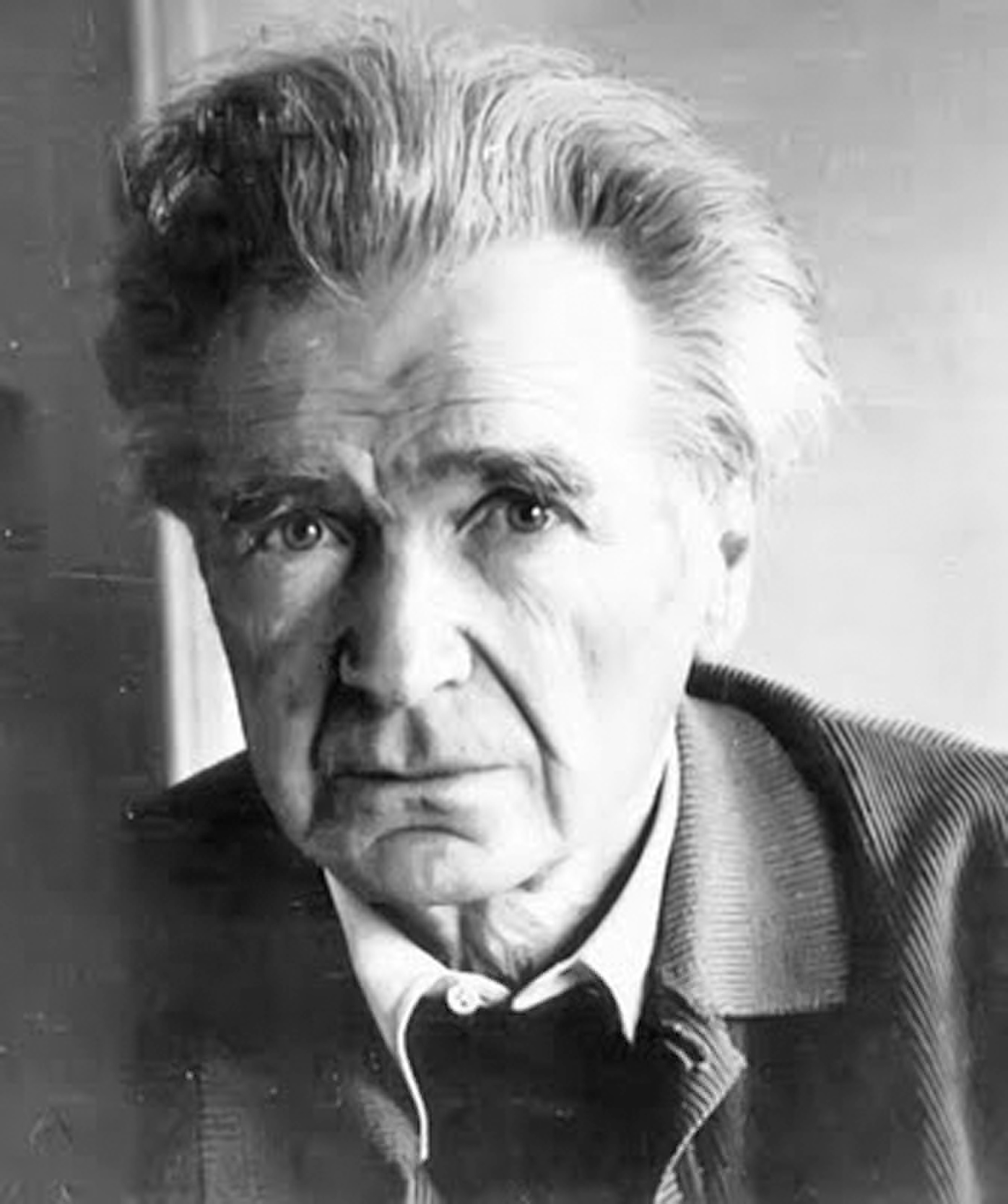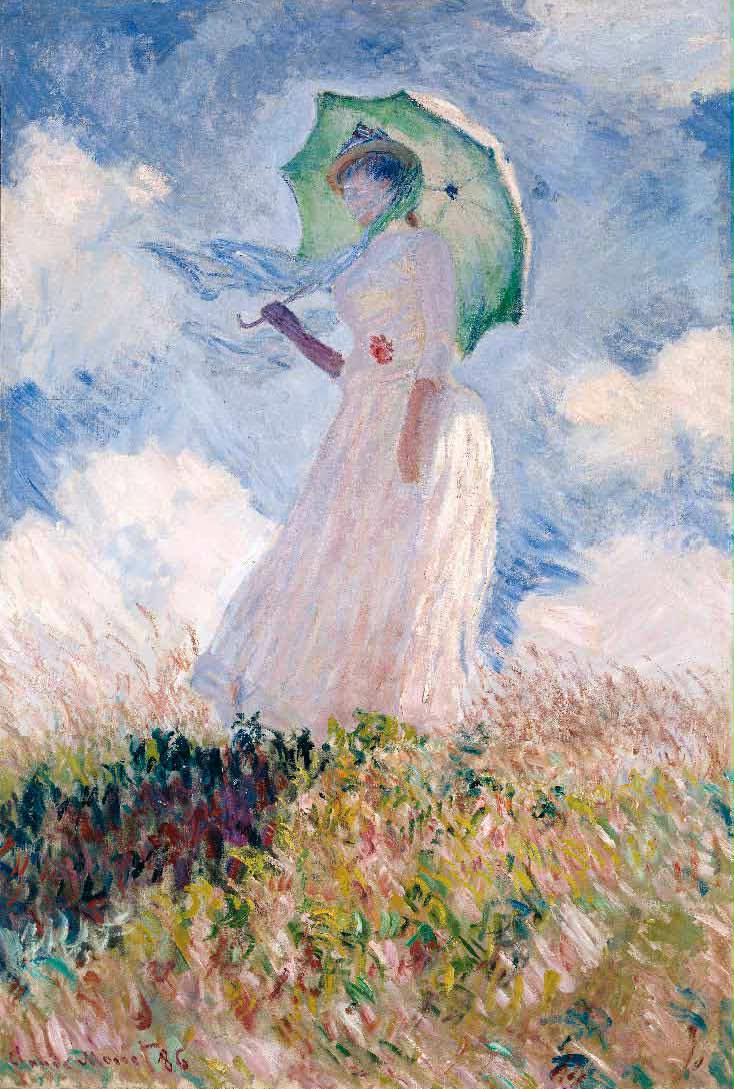Disclaimer: this text contains references that may be triggering to some people.
When it comes to categorizing people, it’s often said that the best way to do so is to label them either as Realists or as Idealists, this categorization is believed to be the most accurate one among others. So, we’re dealing with two types of people, but not in a rigid black and white view, it’s more of a spectrum where people float between the two models. It’s hard to map up where the idea of suicide comes from and you can’t limit its roots to a certain category, but you can know for sure that the reasons behind it, differ from a philosophy to another.
In modern society, it’s all going into madness, not as a declinist pessimistic approach but as an analysis about the society itself and its components. It all started with Idealism, which was the perfect solution for humanity to innovate, to reach for the skies, to have that dreamy view of things, to believe in morals, religion, and justice. Until the time came, and it all went downhill, it became a contradiction to live as an idealist in a materialistic world. To tell the truth, I believe that nothing has changed, it’s the same people, and the same ideologies, what really changed is that we became more aware of our nature due to the industrial revolution that unraveled what was hidden by putting pressure on individuals. And with a small help of the Cultural Revolution, it resulted in the birth of a new society stuck between what is real and what was believed to be real.
So, something led to another and as a result, we ended up with a new society, again, it’s the same people, same ideas, but with some awareness, and those who acknowledged the absurd were the most damaged ones because they attended the destruction of their beloved truth and reality by Materialism, people hardly tried to understand the incident, it was a moral crisis for some, an existential crisis for others, and others simply referred to it as an identity crisis.
The rising of new political systems, gave a huge part of the individuals some sort of a leap of faith. This led to a sought of satisfaction in the most primitive form which is nationalism, and war was the product of the adherence to such ideologies. At war, people attend the funeral of their hopes and eventually their idealistic view of the world.
The new contradiction also led to the arise of suicide preachers, those who followed the steps of Schopenhauer, they considered suicide as freedom, it was justified with the new approach of the world, where life became described as enduring oneself according to Cioran. So, this and more other reasons increased the rates of suicide, which have become the solution to the insupportable crisis.
Ted Kazynsky had his own approach of the situation too, we can’t deny that it was kind of harsh to a certain extent but it was true in way, He claimed that depression is the new byproduct of the system, and that society isn’t handling it in the right way, instead of removing the conditions that led to the rising of clinical depression and thus suicide, we’re trying to heal the disease itself with useless antidepressant.
To conclude, one can say that people should not only endure themselves but also endure the insufferable dramatic change in society, people should acknowledge reality and accept it, no matter how harsh it seems to be, the idealistic view of the world is good for motive and dreams but we should be warned that it may go dark one day.
Written by Abdelaziz Troudi


Share your thoughts